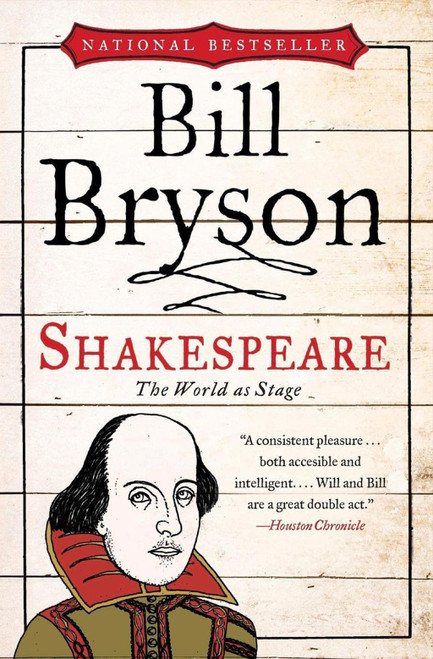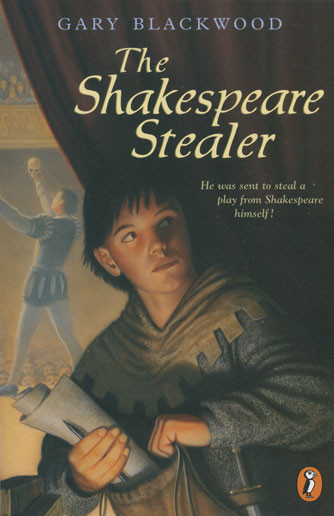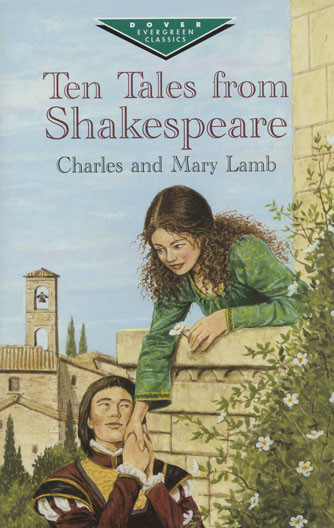Shakespeare: The World as Stage is a biography of the renowned William Shakespeare. The man of many words and stories left little to be certain about his own life, but Bill Bryson sorts through the assumptions and paints a portrait of the brilliant playwright. Your students will enjoy meeting the man behind Romeo and Juliet, Twelfth Night, and his many other works.
This book is eligible for Prestwick House paperback volume discounts. You'll always save at least 25% on any paperback you order. If the retail value of your order is at least $500, you'll save 30%. And if the retail value of your order is at least $2,500, you'll save 35% on all your paperbacks. The discount is applied at checkout.
| Retail value of your order | Savings on your paperbacks |
| Less than $500 | 25% |
| Between $500 and $2,499.99 | 30% |
| $2,500 or greater | 35% |







